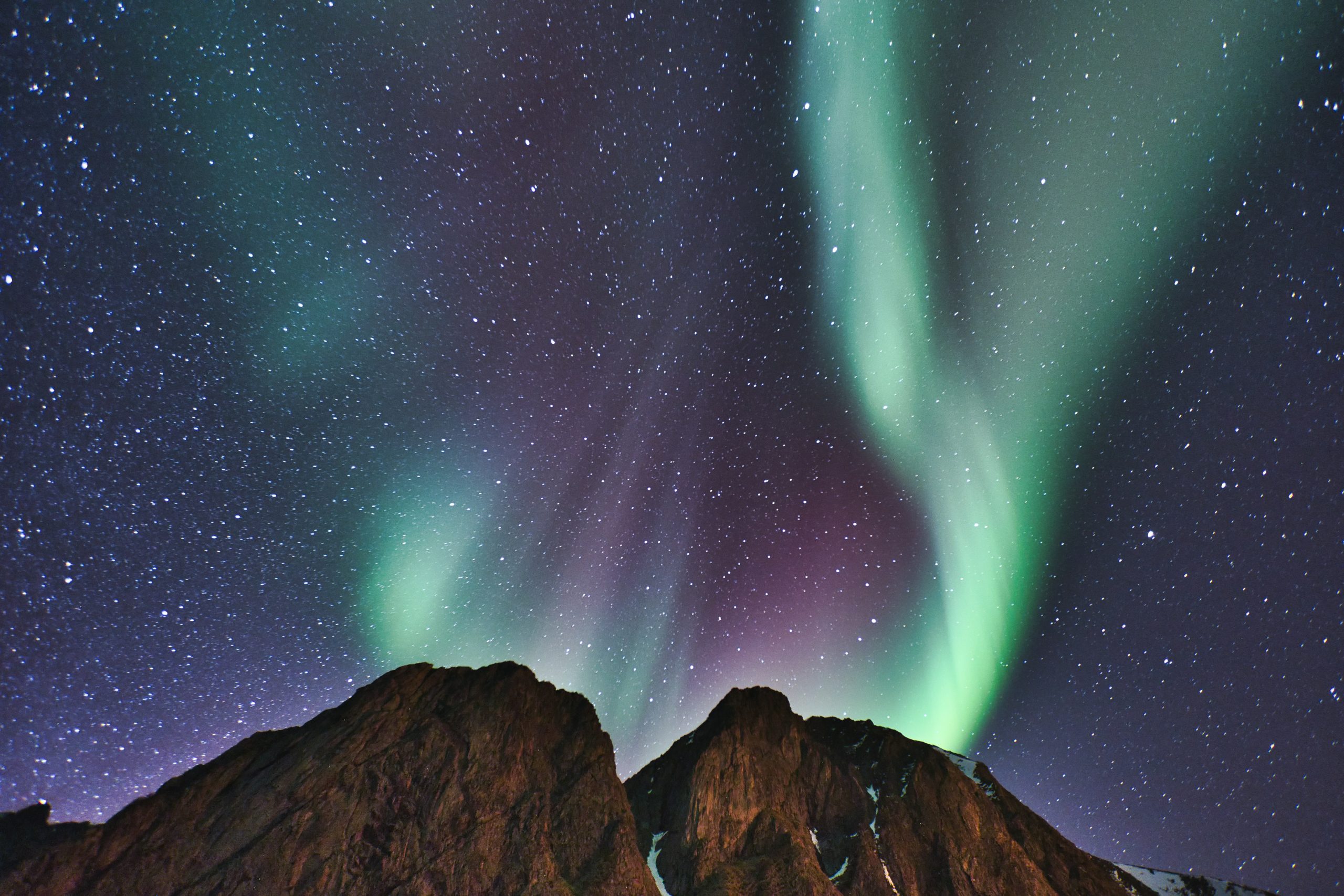Tips for Camping in National Parks

Looking for more amazing products? Check out our online store and explore our collection here! Happy shopping!
Before diving in, please note: This post is for informational purposes only. If you’d like to know more about how we approach topics, feel free to check out our friendly Disclaimer Page.
Hey there, amazing readers! 
We’re committed to delivering quality posts, and your support (even just sticking around despite the ads) means everything to us. So, bear with us, and thanks for helping us keep the good vibes rolling. Now, on to the fun stuff!
TRANSLATE BUTTON AT THE END OF THE ARTICLE
Introduction: Camping in National Parks
Camping in national parks can be a fantastic way to immerse yourself in nature, disconnect from the hustle and bustle of daily life, and truly appreciate the beauty of the great outdoors.
However, to ensure a successful and enjoyable camping experience, there are several tips and guidelines that you should keep in mind.
From researching camping policies to respecting wildlife and following Leave No Trace principles, being prepared and responsible is key when camping in national parks.
Research the National Park’s Camping Policies
Before embarking on your camping trip, it is crucial to research the specific camping policies of the national park you plan to visit.
Each park may have different rules regarding camping, including designated camping areas, maximum stay limits, and specific regulations for campfires and waste disposal.
By familiarizing yourself with these policies in advance, you can ensure that you are following the rules and regulations set forth by the park authorities.
Reserve Your Campsite in Advance
Many popular national parks have limited camping spots available, especially during peak seasons.
To secure a campsite for your trip, it is advisable to make reservations well in advance.
This way, you can guarantee a spot at your desired campground and avoid the disappointment of finding all sites occupied upon arrival.
Most national park websites have online reservation systems that make booking campsites quick and easy.
Pack Light and Bring Essential Gear
When camping in national parks, it is essential to pack light while bringing all the necessary gear for a comfortable stay.
Make a checklist of essential items such as a durable tent, sleeping bag, cooking supplies, food, water, clothing, and toiletries.
Additionally, don’t forget to pack a first aid kit, flashlight, map, and compass for emergencies.
Remember that you will have to carry all your gear to the campsite, so pack efficiently and avoid overpacking.
Be Mindful of Fire Regulations
Wildfires can pose a significant risk in national parks, especially during dry seasons.
To prevent accidental fires, it is crucial to adhere to fire regulations set by the park authorities.
Only build fires in designated fire pits or rings and never leave a fire unattended.
Make sure to fully extinguish your campfire before leaving your campsite or going to sleep.
Additionally, check for any fire bans or restrictions in place before starting a fire.
Respect Wildlife and Their Habitat
National parks are home to a diverse range of wildlife, and it is essential to respect their habitat during your camping trip.
Avoid feeding or approaching wild animals, as this can disrupt their natural behavior and pose a danger to both you and the animals.
Keep a safe distance and observe wildlife from afar, always remembering that you are a visitor in their home.
Properly store food and trash to prevent attracting animals to your campsite.
Properly Dispose of Waste
Proper waste disposal is crucial when camping in national parks to preserve the natural environment and prevent pollution.
Always pack out what you pack in, including trash, food scraps, and any other waste.
Use designated trash receptacles or pack out your trash if no facilities are available.
Avoid burying or burning trash, as this can harm the ecosystem and wildlife.
Leave your campsite cleaner than you found it to minimize your impact on the environment.
Follow Leave No Trace Principles
The Leave No Trace principles are guidelines designed to minimize human impact on the environment while enjoying outdoor activities.
When camping in national parks, it is essential to follow these principles to preserve the natural beauty of the wilderness.
These principles include leaving nothing behind, respecting wildlife, staying on designated trails, and minimizing campfire impacts.
By adhering to these principles, you can help protect the fragile ecosystems of national parks for future generations to enjoy.
Be Prepared for Changing Weather Conditions
Weather in national parks can be unpredictable, with sudden changes in temperature, rain, or even snow depending on the season and location.
When camping, it is crucial to be prepared for changing weather conditions by packing appropriate clothing and gear.
Dress in layers, bring waterproof clothing, and ensure you have adequate shelter in case of inclement weather.
Stay informed about weather forecasts and be ready to adjust your plans accordingly to stay safe and comfortable.
Learn Basic First Aid Skills
Accidents can happen while camping, and it is essential to be prepared to handle common injuries and emergencies.
Before your trip, take the time to learn basic first aid skills such as treating cuts, burns, sprains, and insect bites.
Pack a well-stocked first aid kit and familiarize yourself with its contents.
Knowing how to respond to medical emergencies can make a significant difference in the outcome, especially when help may be far away in a national park setting.
Plan Your Meals and Cooking Supplies
Proper meal planning is essential for a successful camping trip in national parks.
Plan your meals in advance, considering factors such as cooking equipment, food storage, and meal prep.
Pack non-perishable, easy-to-cook meals and snacks to sustain you throughout your stay.
Make sure to bring cooking supplies such as a portable stove, utensils, pots, and pans.
Practice proper food storage to prevent attracting wildlife and to ensure your food stays fresh during your trip.
Be Considerate of Other Campers
When camping in national parks, it is essential to be considerate of other campers to promote a positive camping experience for everyone.
Respect quiet hours, avoid excessive noise, and keep your campsite clean and organized.
Be mindful of your impact on the environment and other campers by following camping etiquette and being courteous to those around you.
Remember that national parks are shared spaces, and everyone deserves to enjoy the tranquility and beauty of the outdoors.
Conclusion
Camping in national parks can be a rewarding and memorable experience, allowing you to connect with nature and explore some of the most beautiful landscapes in the world.
By following the tips and guidelines outlined above, you can ensure a safe, enjoyable, and responsible camping trip in national parks.
Remember to research camping policies, reserve your campsite in advance, pack light and bring essential gear, be mindful of fire regulations, respect wildlife and their habitat, properly dispose of waste, follow Leave No Trace principles, be prepared for changing weather conditions, learn basic first aid skills, plan your meals and cooking supplies, and be considerate of other campers.
With proper preparation and responsible behavior, you can make the most of your camping experience in national parks while preserving these natural treasures for future generations to enjoy.

The Enlightenment Journey is a remarkable collection of writings authored by a distinguished group of experts in the fields of spirituality, new age, and esoteric knowledge.
This anthology features a diverse assembly of well-experienced authors who bring their profound insights and credible perspectives to the forefront.
Each contributor possesses a wealth of knowledge and wisdom, making them authorities in their respective domains.
Together, they offer readers a transformative journey into the realms of spiritual growth, self-discovery, and esoteric enlightenment.
The Enlightenment Journey is a testament to the collective expertise of these luminaries, providing readers with a rich tapestry of ideas and information to illuminate their spiritual path.
Our Diverse Expertise
While our primary focus is on spirituality and esotericism, we are equally passionate about exploring a wide range of other topics and niches 

To ensure we provide the most accurate and valuable insights, we collaborate with trusted experts in their respective domains 
Our blog originally focused on spirituality and metaphysics, but we’ve since expanded to cover a wide range of niches. Don’t worry—we continue to publish a lot of articles on spirituality! Frequently visit our blog to explore our diverse content and stay tuned for more insightful reads.
Hey there, amazing reader! 
Check out our store here and take a peek at some of our featured products below! Thanks for being awesome!











